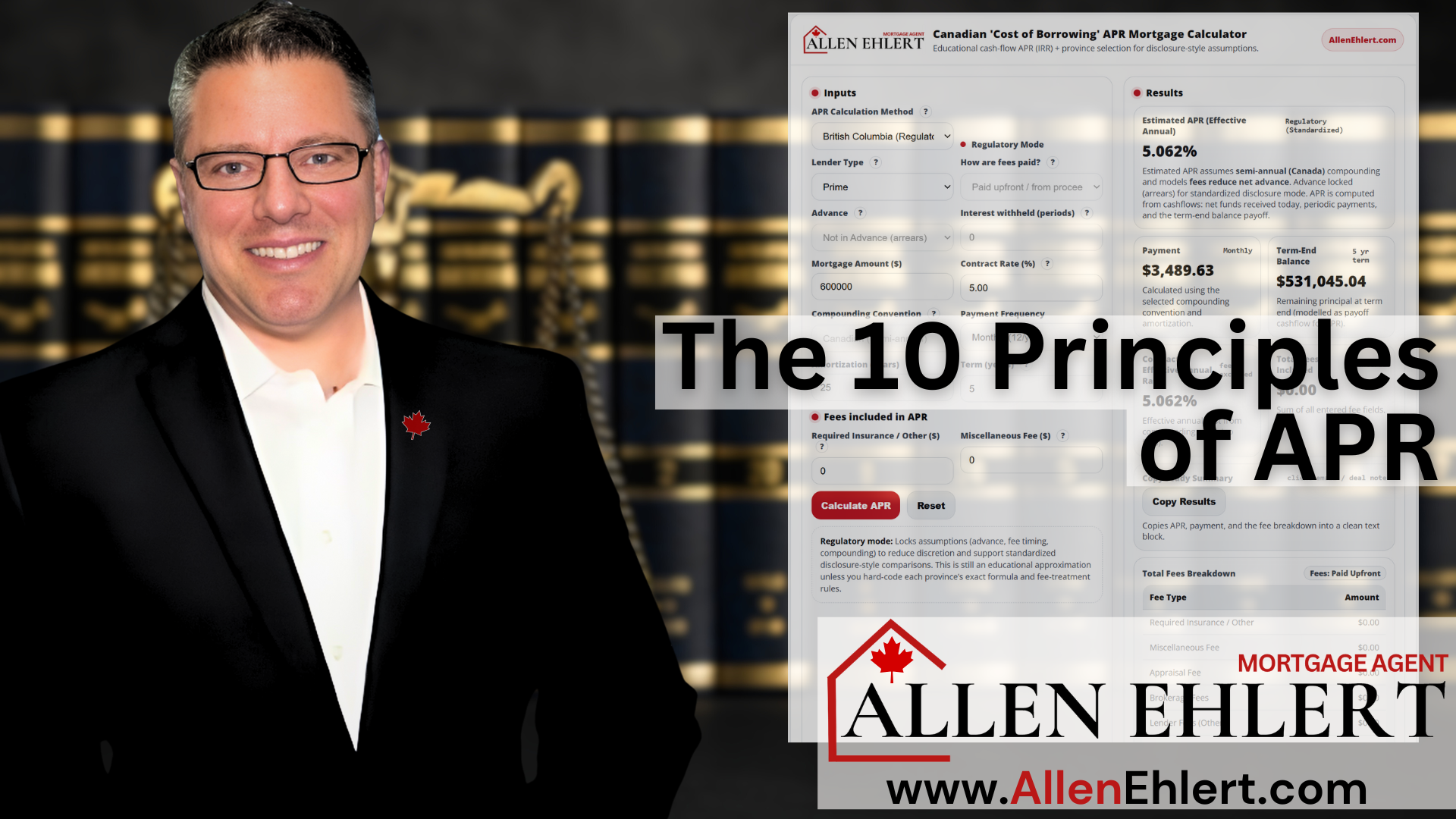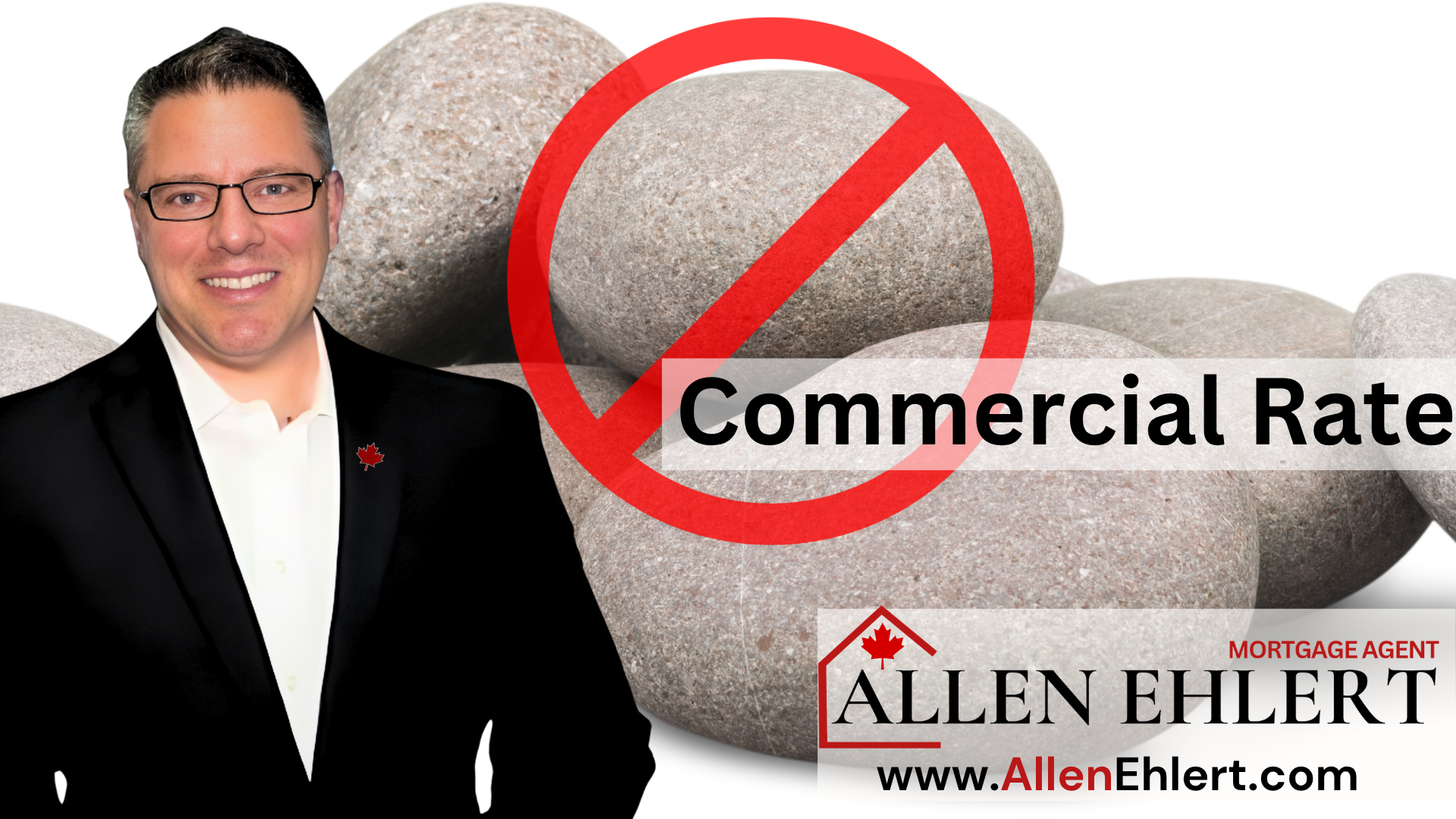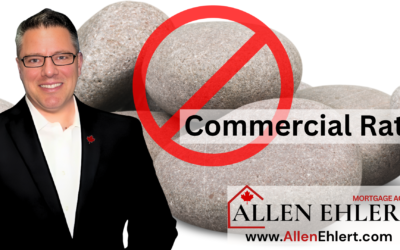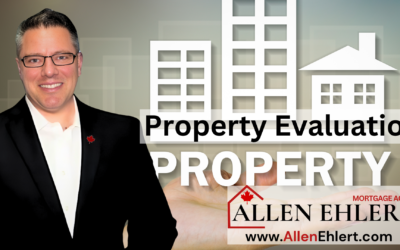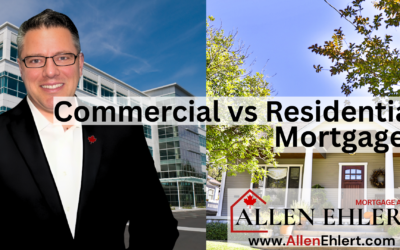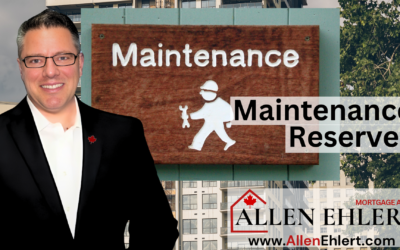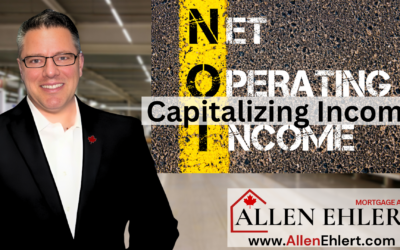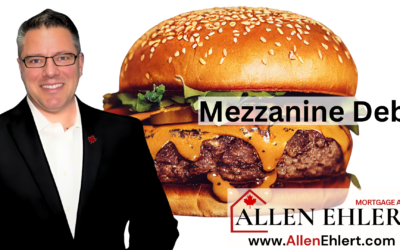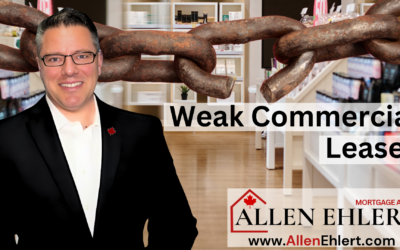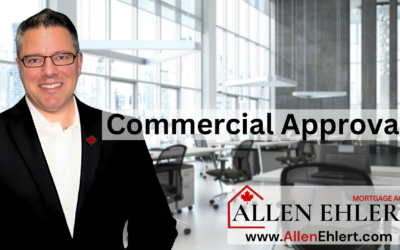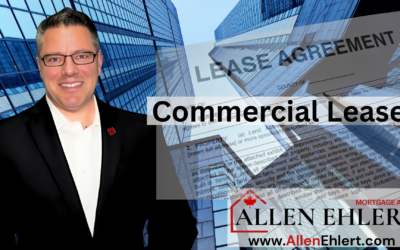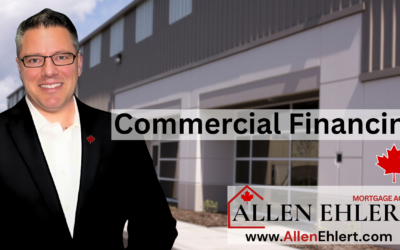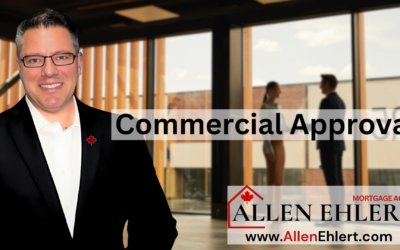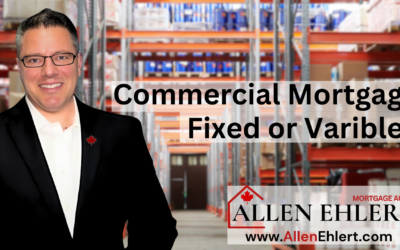Commercial Mortgages
Business Growth and Investment Returns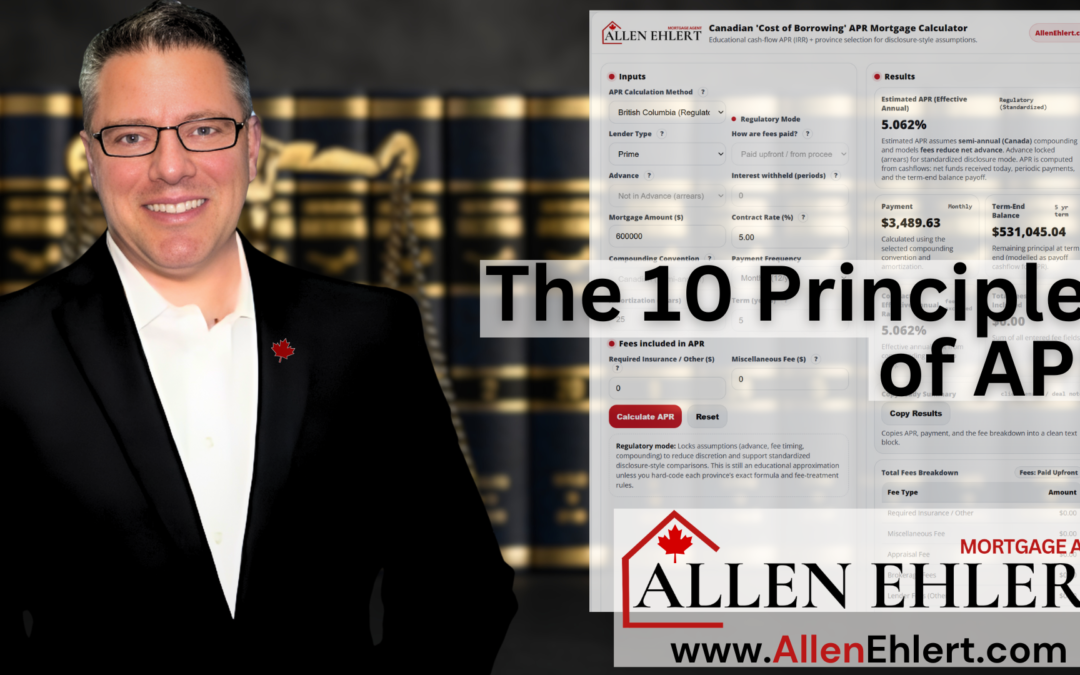
The 10 Principles of APR
10 Principles of APR: But APR — the Annual Percentage Rate — is where the real truth lives, not in the advertised rate—which is NOT what you pay. APR exists to answer a more important question: what does this mortgage actually cost once everything required is accounted for?
Is Your Mortgage Rate Lying to You?
Is Your Mortgage Lying? The interest rate is only part of the story. The real story—the one that tells you what the mortgage actually costs you—is hidden in a number most people barely glance at: APR.
Why Many Banks Provide Bad Service
Average Handling Time, Bad Bank Service, When was the last time you called your bank’s customer service line? If you’re like most Canadians, it wasn’t exactly a warm, fuzzy experience. You were probably shuffled around, put on hold, and when you finally spoke to a representative, they couldn’t wait to get you off the phone. Sound familiar? It’s not that the people answering don’t care—it’s that the system they work under is built to prioritize the bank’s bottom line, not your financial well-being.
Consumer-Directed Finance Is Almost Here
Consumer Directed Finance: Let’s be real—getting a mortgage in Canada can sometimes feel like dragging a sack of bricks uphill. Between pay stubs, NOAs, bank statements, and all the back-and-forth emails, it’s no wonder many clients feel stressed before the real house hunt even begins. But what if I told you there’s a new way coming that could cut through the red tape, give you more control, and make the whole process smoother?
5 Reasons AI Can’t Replace the Mortgage Agent
We live in a world where you can ask ChatGPT to write an essay, plan your meals, or even draft your wedding vows. So it’s no surprise some people wonder: “Why can’t I just use AI to get mortgage advice?”
Here’s the truth: AI can crunch numbers, give you general information, and even explain mortgage terms in plain English. But when it comes to actually securing the right mortgage—navigating lender rules, strategizing for your future, and advocating on your behalf—AI just doesn’t cut it. That’s where a professional mortgage agent like me comes in.
How Do Commercial Mortgages Work?
Now, commercial mortgages sound big, scary, and complicated to a lot of people, especially if you’ve only dealt with residential financing before. But truthfully? Once you understand how they work, you’ll realize it’s just another tool — one with a few extra moving parts and a little more paperwork.
Commercial Mortgage 101
When you hear people talking about mortgages, they’re usually chatting about homes — houses, condos, maybe even a cute little duplex. But there’s a whole other world of financing out there: commercial mortgages. And let me tell you, it’s a different beast altogether. Whether you’re looking to buy your own storefront, scoop up an apartment building, or finally invest in that industrial unit your buddy keeps bugging you about, understanding how commercial mortgages work is absolutely crucial.
Finding A Commercial Mortgage in Canada
When it comes to commercial mortgages, most people think the only place to go is the bank. You walk in, shake a hand, sign some papers, and walk out with financing for that office building, warehouse, or rental property you’ve had your eye on. Sounds simple, right? Well… not quite.
Why Your Commercial Mortgage Rate Isn’t Set in Stone
When it comes to mortgages, most people are laser-focused on one thing: the rate. And fair enough — no one wants to pay more interest than they have to. But if you’re shopping for a commercial mortgage, you’ll quickly realize the question isn’t just “What’s the rate?” — it’s “How is this rate being calculated in the first place?”
Understanding Property Evaluation
Whether you’re a realtor helping clients close deals faster, or you’re a homeowner trying to wrap your head around why some appraisals cost nothing and others come with a $700 bill attached, understanding how lenders assess property value is crucial. It’s not just about the number they land on—it’s about how they get there, and how that process affects everything from closing timelines to cash out of pocket.
Where Does Mortgage Money Really Come From?
Ever sit across from a lender or mortgage broker and wonder, “Where are they getting all this money they’re handing out?” It’s a fair question. Most people think banks have vaults full of cash or some magical, bottomless pit of money. Not quite. The truth is, lenders have to “buy” money before they can lend it out.
Commercial vs Residential Mortgages
Commercial vs Residential Mortgages: If you’ve ever gone through the process of securing a residential mortgage, you know the routine: income verification, a credit check, an appraisal, and a few legal documents. But when you step into the world of commercial lending, that simplicity disappears fast. Suddenly, you’re talking about holding companies, security agreements, debt covenants, environmental reports, and multi-party legal reviews.
Maintenance Reserves: “The Secret Safety Net”
You’ve probably heard the term “maintenance reserve” tossed around in commercial lending conversations and wondered if it’s just another way lenders make life complicated. But the truth is, maintenance reserves aren’t red tape—they’re your built-in safety net. They protect your property’s value, your cash flow, and yes, your lender’s investment too.
Third Party Commercial Reports
Third Party Commercial Reports: If you’ve ever gone through a commercial mortgage process, you know it’s a different beast entirely compared to residential lending. It’s not just about income and credit—it’s about the property itself. The lender wants to know everything: how it’s built, how it performs, what risks it carries, and whether it’ll stand the test of time (and tenants).
Cap it Right: Reveal a Property’s True Worth
Capitalizing Net Operating Income (NOI): When you step into the world of commercial real estate, one phrase comes up over and over again — “What’s the cap rate?” or “Let’s capitalize the NOI.” And if you’ve ever wondered what those words really mean (beyond sounding like finance jargon from a spreadsheet), you’re not alone.
Bridge the Gap with Mezzanine Debt
Mezzanine Debt: Every investor has been there—you find a great commercial opportunity, the numbers look solid, and the lender loves the deal… almost. But then the bank comes back saying, “We can only finance 70% of the project cost.”
Commercial General Security Agreements
Commercial General Security Agreements: When you step into the world of commercial mortgage lending, you’ll quickly realize that lenders don’t just take comfort in the property—they want the whole package. Unlike residential lending, where the home itself is the sole collateral, commercial lenders secure every possible thread that ties a business to its loan. One of the most important tools they use to do that is the Security Agreement.
Personal Property in Commercial Mortgages
Personal Property Commercial: When you’re diving into the world of commercial mortgages, you’ll notice that lenders don’t just look at the bricks and mortar—they look at the business that operates within them. And to protect their loan, they often take security over more than just the property itself. That’s where the General Security Agreement, or GSA, comes in.
Understanding Personal Property Security Acts
Personal Property Security Act: When it comes to commercial mortgages, most people think about property appraisals, rent rolls, or debt service ratios. But behind the scenes, there’s another piece of the puzzle that quietly keeps lenders and borrowers playing fair—the Personal Property Security Act, or PPSA.
Why Estoppel Certificates Matter
Estoppel Certificate: If you’ve ever been involved in financing a commercial property—especially one with tenants—you’ve probably heard someone mention an estoppel certificate. It’s one of those documents that sounds a bit old-fashioned, but in the world of commercial mortgages, it’s pure gold.
Rolling Out the Red Carpet for Foreign Buyers
There’s a new conversation heating up in real estate circles: What if we just opened the doors wide and invited foreign investors to buy up Canadian homes? For some in the home building industry, this is being pitched as a solution to sluggish sales—especially in the condo sector.
Commercial Lease Weaknesses
Weak Commercial Lease: When it comes to commercial real estate, you can have a great property, solid tenants, and even a healthy rent roll — but if your leases have hidden landmines, your financing could fall apart faster than you can say “commitment letter.”
Understanding Commercial A/B/C Subordination
A/B/C Subordination: If you’ve ever peeked behind the curtain of a big commercial real estate deal, you’ll notice that not all money is created equal. Some lenders get paid first. Others wait their turn. And some—well, they’re betting on the upside but taking on a bit more risk to get there.
Understanding Special Purpose Vehicles
Special Purpose Vehicle: If you’ve ever stepped into the world of commercial real estate financing, you’ve probably heard the term Special Purpose Vehicle—or SPV—thrown around by lenders, lawyers, and accountants like it’s common knowledge. It’s one of those industry buzzwords that sounds technical, but in truth, it’s a simple concept that plays a massive role in how professional investors protect themselves, manage risk, and get deals approved.
Commercial Leases and Mortgages
Commercial Lease and Mortgage: When it comes to commercial real estate, most people think of two separate worlds — the lease and the loan. One defines how a business occupies a property; the other defines how the property is financed. But here’s the truth that many overlook: these two worlds are deeply intertwined.
Get Your Commercial Loan Approved
If you’re used to dealing with residential mortgages, here’s something that might surprise you about commercial lending: your salary isn’t the star of the show anymore. In fact, your personal income often takes a backseat altogether.
Types of Commercial Leases
Commercial Leases: When you’re diving into the world of commercial real estate — whether you’re a business owner looking for the perfect storefront or a realtor helping clients secure that next deal — the lease structure can make all the difference. Too often, clients focus solely on location, square footage, or price, while overlooking how the type of lease can impact their cash flow, responsibilities, and even financing options.
Understanding Commercial Intercreditor Agreements
Intercreditor Agreements: If you’ve ever seen a commercial real estate deal involving more than one lender—say, a bank providing the senior loan and a private fund offering mezzanine financing—you might’ve wondered: What happens if things go sideways?
Financing a Commercial Property in Canada
So, you’ve found the perfect commercial property — maybe it’s an apartment building, a strip plaza, a warehouse, or even a little office building to house your growing business. You’ve run the numbers, your gut says it’s a solid investment, and you’re ready to pull the trigger. But now comes the big question: how exactly do you finance this thing?
Getting Approved for a Commercial Mortgage
So, you’re thinking about buying a commercial property — maybe it’s an apartment building, maybe it’s a warehouse, maybe it’s that strip plaza you’ve been driving past for years thinking, “One day.” Well, guess what? That “one day” could be closer than you think — if you know how to qualify for a commercial mortgage.
Fixed or Variable? Picking the Right Commercial Mortgage
When it comes to commercial mortgages, one of the first questions clients ask me — after “What’s the rate?” — is “Should I go fixed or variable?” And honestly, it’s a great question. Because unlike with your typical home mortgage, this decision isn’t just about saving a few bucks on interest.
Featured Publications
Articles
- Extended Amortizations and Hypothetical Calculations
Office of the Superintendent of Financial Institutions (OSFI) - Minimum Qualifying Rate for Uninsured Mortgages
Office of the Superintendent of Financial Institutions (OSFI) - Residential Mortgage Underwriting Practices and Procedures
Office of the Superintendent of Financial Institutions (OSFI) - Guideline on Existing Consumer Mortgage Loans in Exceptional Circumstances Financial Consumer Agency of Canada
Book: “The Program”
- Part 1 – Building Your Down Payment
- Part 2 – Mortgage Payoff Strategies
- Part 3 – Building Wealth Through Real Estate

